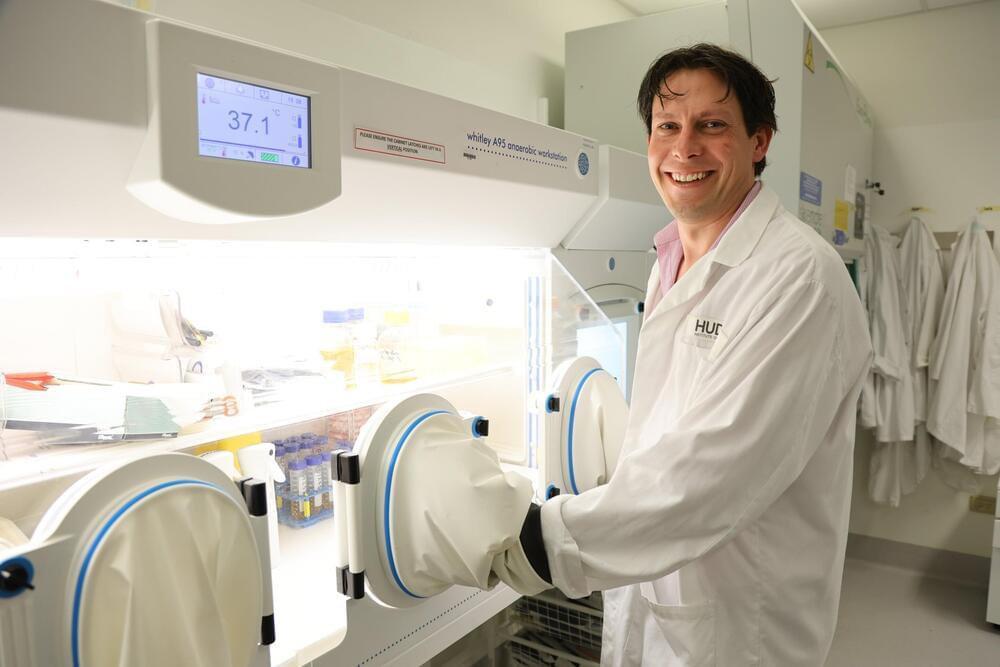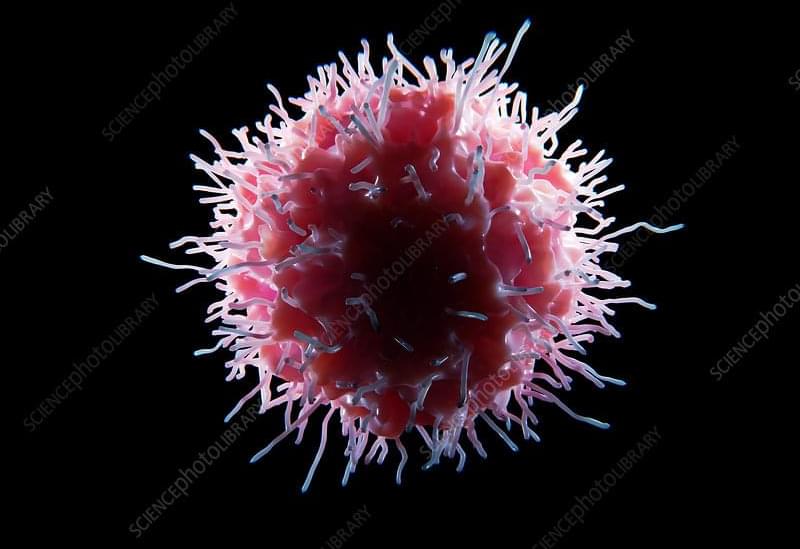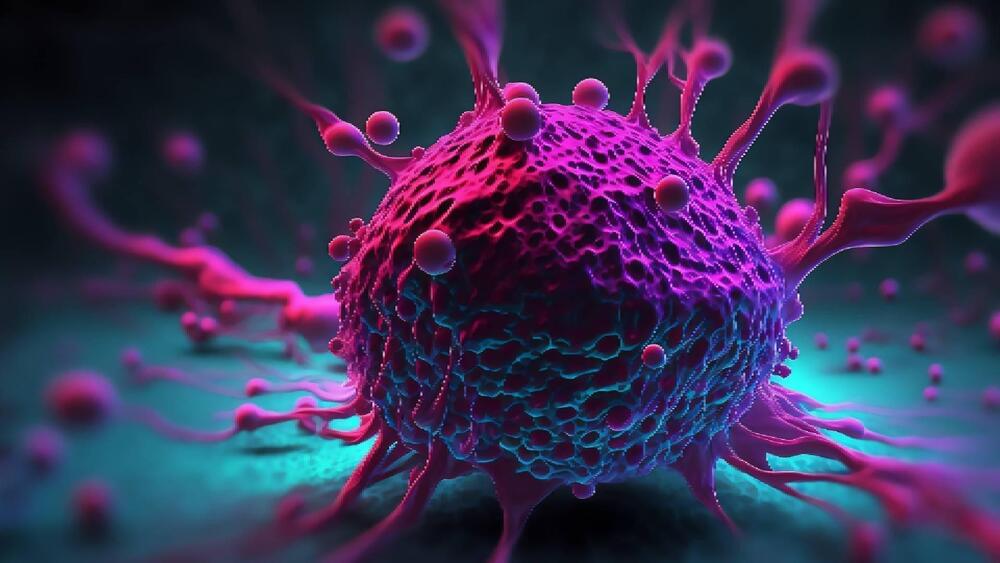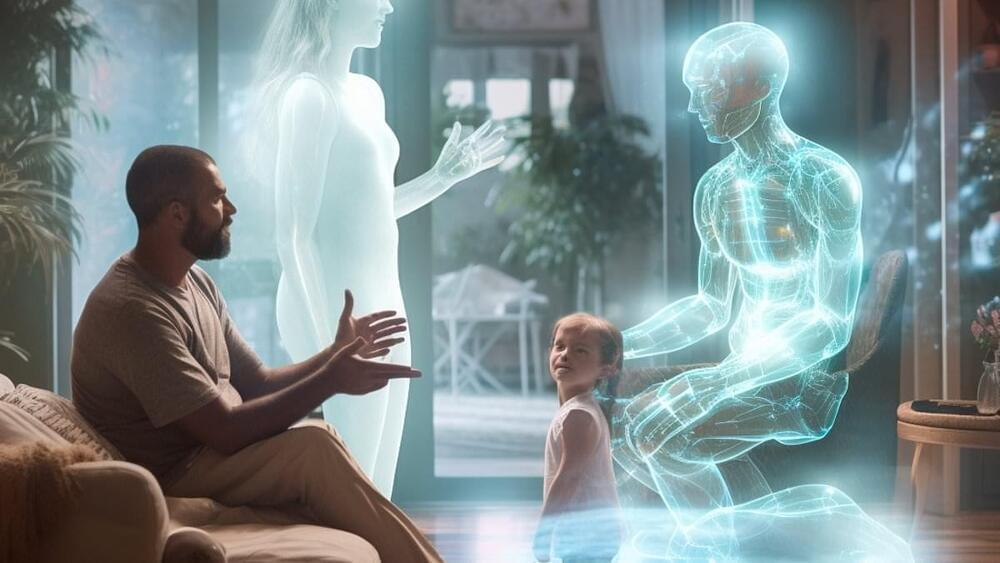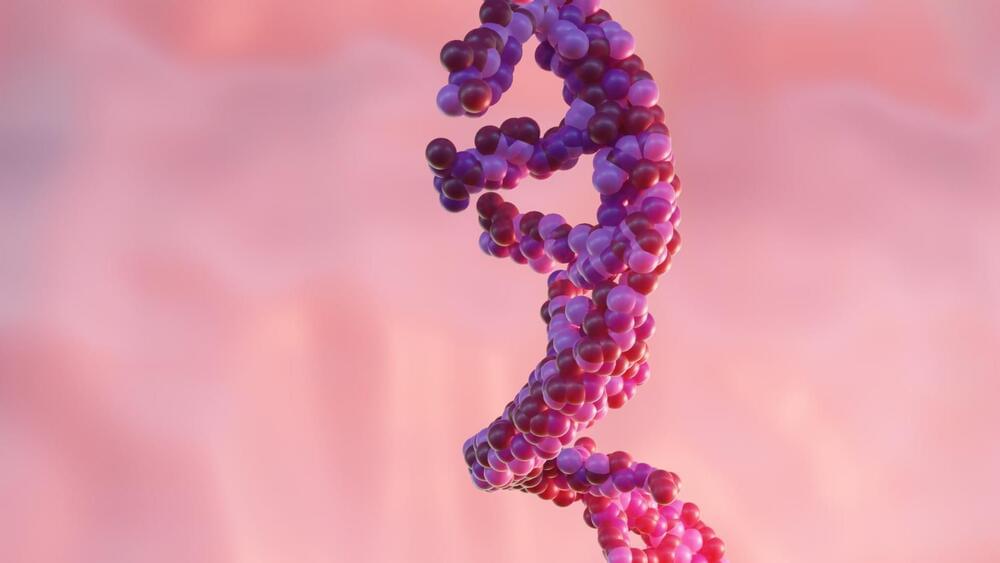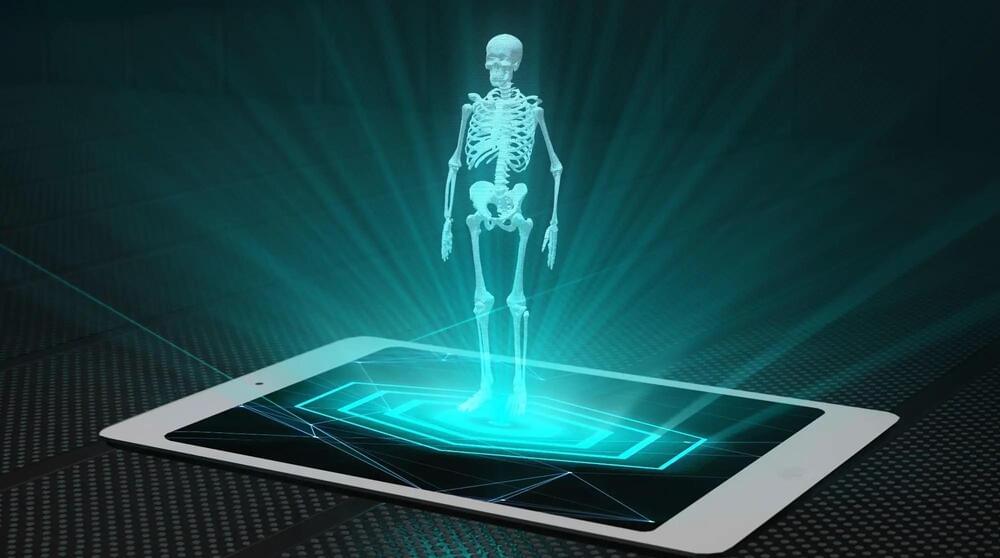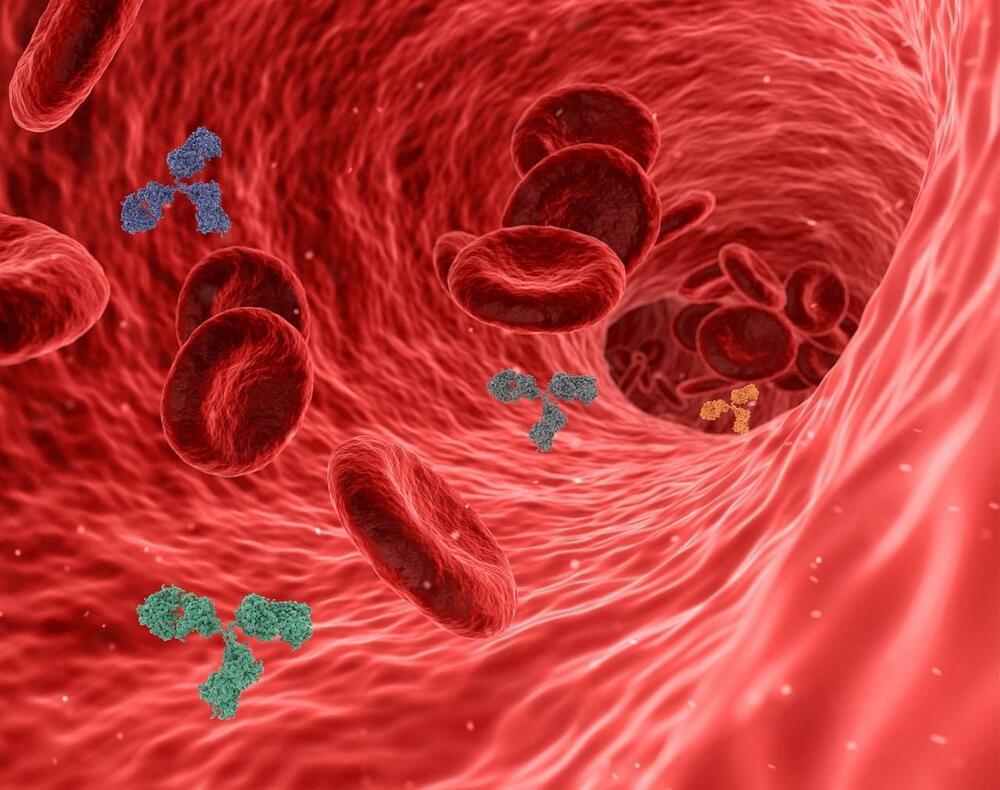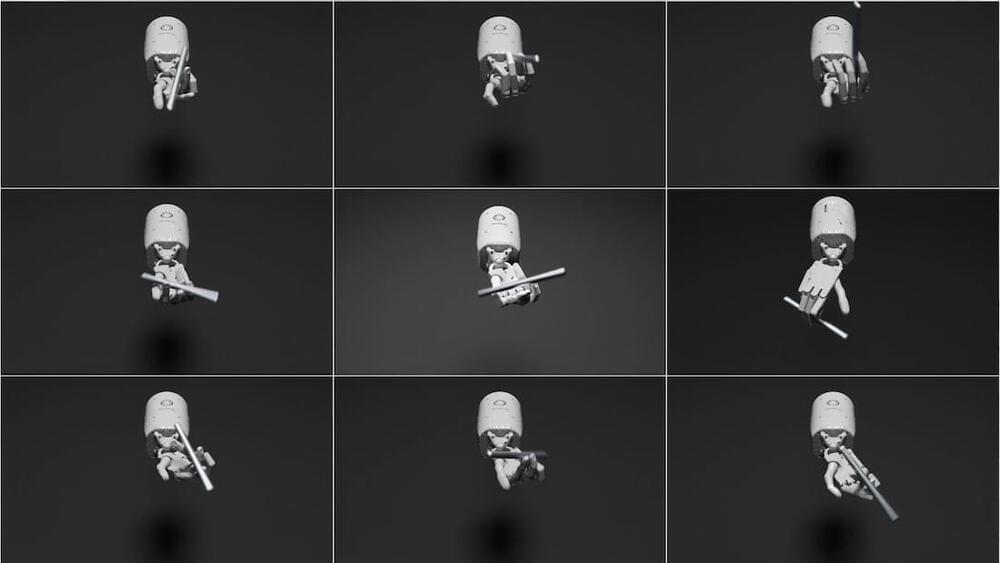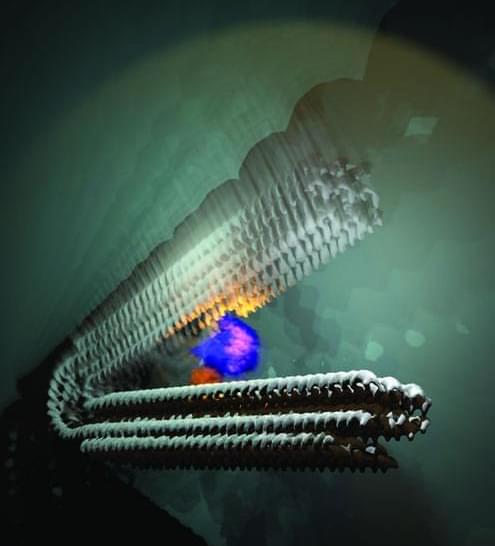The more diverse species in your gut, the better it is for your health. Now an international team led by the Hudson Institute of Medical Research has found a way to determine which species are important and how they interact to create a healthy microbiome.
Understanding these relationships opens the door to a new world of medical opportunities for conditions from inflammatory bowel disease to infections, autoimmune diseases and cancers.
Associate Professor Samuel Forster and his team at Hudson Institute of Medical Research, working with collaborators from the Institute for Systems Biology in the U.S. and local collaborators at Monash University and Monash Health, have spent years studying the gut microbiome and working out which species perform which functions.
